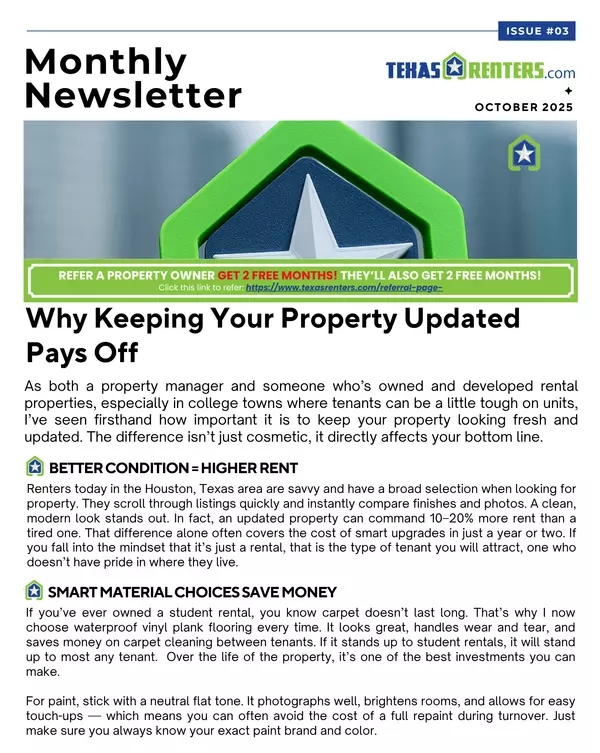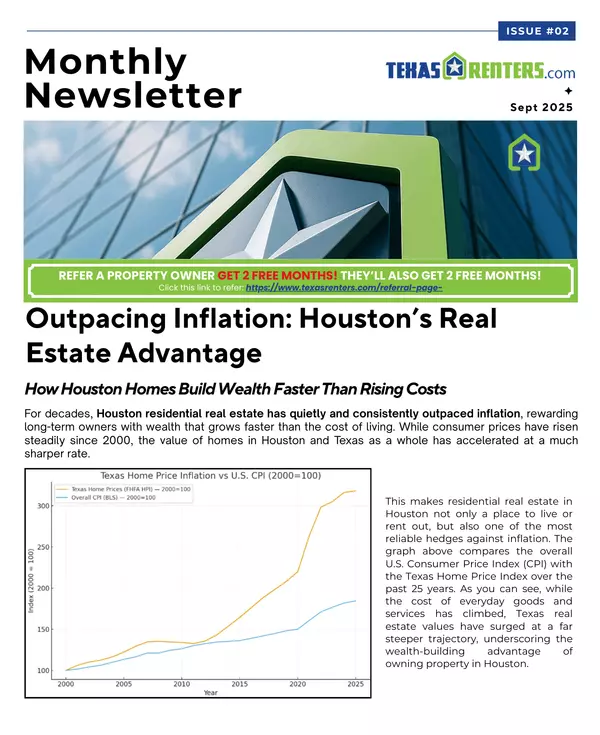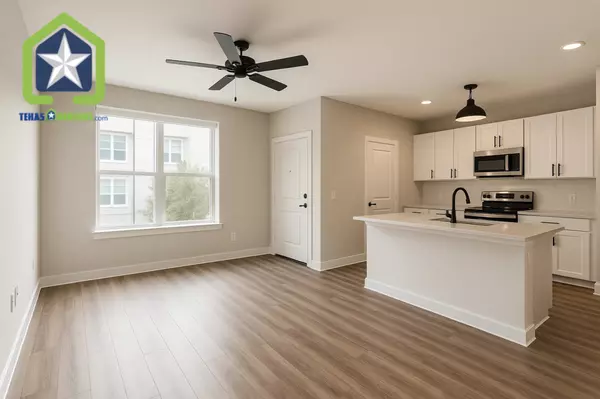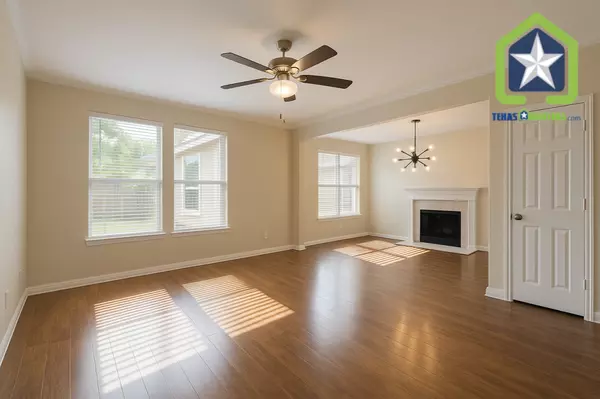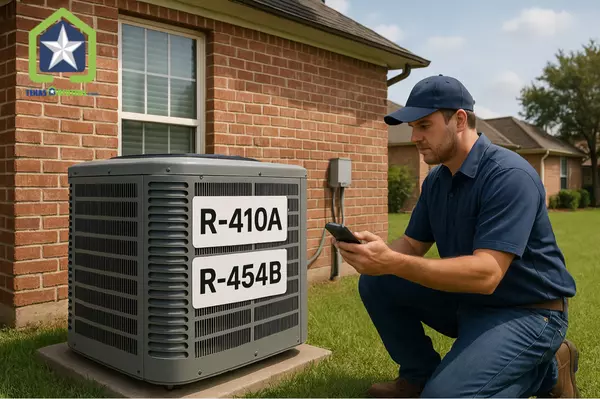Understanding Your Home’s Market Value
Understanding Your Home’s Market Value: The Key to a Successful Sale
Want to sell your home fast and for top dollar? It starts with understanding your home’s true market value. Let’s break it down so you can price smart and sell strong.
When it comes to selling your home, knowledge isn’t just power it’s profit. One of the most pivotal pieces of your selling strategy is determining your home’s market value. Price it too high, and your home may sit on the market for weeks. Too low, and you risk leaving money on the table.
So what really determines your home’s value in today’s market? And how do you use that insight to win the sale?
Let’s dive into the essential factors that impact your home’s value and how to use them to your advantage.
1. Market Value Defined: What Buyers Will Actually Pay
Market value is what a buyer is willing to pay for your home today not last year, not in the future, and not what you hope it’s worth.
This is different from:
-
Appraised value: What a professional appraiser estimates.
-
Assessed value: What local governments use for taxes.
Your real market value is shaped by location, demand, condition, and competition.
2. Location: The Real Estate Golden Rule
The value of your home starts with where it sits. Buyers pay a premium for homes in areas that offer:
-
Top-rated schools
-
Proximity to shopping, parks, and restaurants
-
Short commutes or access to public transportation
-
Low crime rates and strong community vibes
You can’t move your home but knowing how your location stacks up helps you position your price competitively.
3. Comparable Sales (Comps): The Data You Can’t Ignore
One of your best tools? Comps. These are recent sales of homes like yours in the same area. They reveal:
-
Size and layout similarities
-
Condition and upgrades
-
Time on market
-
Final sale price
A solid Comparative Market Analysis (CMA) from your real estate agent uses this data to pinpoint a fair, compelling price.
4. Condition Counts: Presentation = Profit
Buyers want a home that’s move-in ready. If your home shines, it will stand out and sell faster.
Even small upgrades can significantly impact value:
-
Fresh paint
-
Updated fixtures
-
Curb appeal boosts (hello, landscaping!)
-
Clean, clutter-free interiors
Think of your home like a product, polish it before you put it on the shelf.
5. Market Conditions: Are You in a Seller’s Market or Buyer’s Market?
-
In a seller’s market, low inventory = more buyer competition = higher prices.
-
In a buyer’s market, you may need to adjust expectations or offer incentives.
Keep an eye on interest rates, inventory levels, and buyer demand. A savvy agent will help you time the market for maximum impact.
6. Your Real Estate Agent: The Pricing Partner You Need
A great agent isn’t just listing your home, they’re your pricing strategist, negotiation coach, and marketing pro. They’ll:
-
Deliver a detailed CMA
-
Guide your pricing strategy
-
Help you respond to shifts in the market
-
Advocate for your best interests every step of the way
In other words: don’t go it alone.
7. Don’t Let Emotions Cloud Your Judgment
Yes, you’ve made memories. Yes, you love that custom mural. But buyers are looking at your home with fresh, objective eyes.
Detach emotionally and look at the numbers. A realistic, market-informed price will always beat sentimental pricing.
Final Takeaway: Price Smart to Sell Strong
Understanding your home’s market value isn’t just a nice-to-know, it’s a must-know. With the right data, a strong presentation, and expert support, you’ll price confidently, attract serious buyers, and close with success.
Market value isn’t just a number, it’s your strategy for a faster, more profitable sale.

Recent Posts

